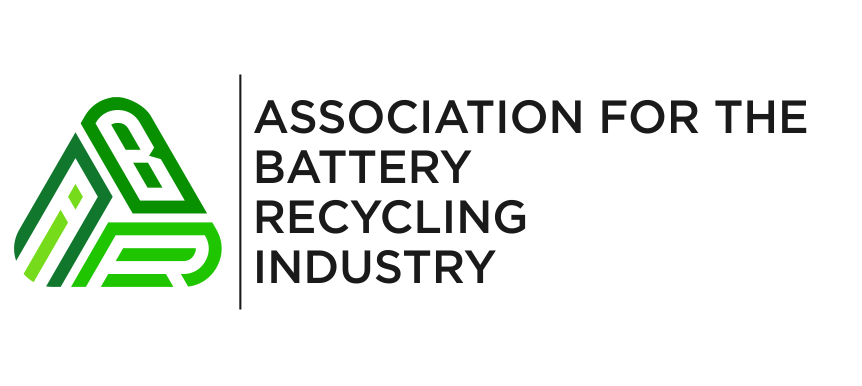AUSTRALIAN BATTERY RECYCLING INDUSTRY POISED TO GROW AS FOCUS RETURNS TO ADVANCED MANUFACTURING
22 September 2023 – The Australian battery recycling industry is on the cusp of growing rapidly, with the development of a range of innovative projects, according to the Association for the Battery Recycling Industry (ABRI).
As the Board of the National Reconstruction Fund held its first meeting this week, Australia’s battery industry is making a significant economic contribution – adding approximately $1.3 billion in value and 6000 in jobs.
ABRI CEO Katharine Hole said: “The Australian industry has great battery recycling potential, with industry driving change and now is the time to expedite the delivery of new projects.”
Ms Hole said one of the areas of growth was the lithium battery industry, with five ABRI members expanding and developing recycling projects.
“The lithium battery recycling industry is leveraging Australia’s strengths and know-how by drawing on metals refining expertise and the Australian university research network to build IP to recover critical minerals.
“It is creating a new industry to supply Australian manufacturing with low carbon minerals and importantly boosting critical minerals security.
“Recovering minerals from lithium batteries reduces greenhouse gas emissions by more than 50% compared with mining virgin materials.
“Batteries are the leader when it comes to delivering circular economy goals – around 95% of materials can be recovered for alternative use or turned into new batteries.”
Ms Hole said to grow the industry it was important to lay the building blocks now – operational excellence, innovative recycling techniques, and supply chain management are crucial.
“Leveraging international frameworks for battery tracking and materials traceability is a must,” she said.
“More co-ordinated action is needed focusing on each market segment – electric vehicle (EV), battery energy storage and consumer batteries – to support logistics and recycling.
“The number of end-of-life batteries will increase significantly over the next decade; by 1,000s of percent.”
There should also be greater focus on:
Setting a clear policy framework and outcomes for the sector
Information sharing and data on battery chemistry and disassembly to support safe and sustainable recycling, reuse and repurposing.
State based strategic planning for collection and aggregation sites to minimise transport costs and support safe collection.
Streamlined planning and environmental approvals for collection and aggregation sites.
Consistent safe storage, handling and transport guidance for collection, aggregation and recycling sites across Australia
Development of robust standards and a consumer protection framework to support safe battery repurposing. Ms Hole said delivering the right framework would fast-track investment in the Australian battery recycling industry.
